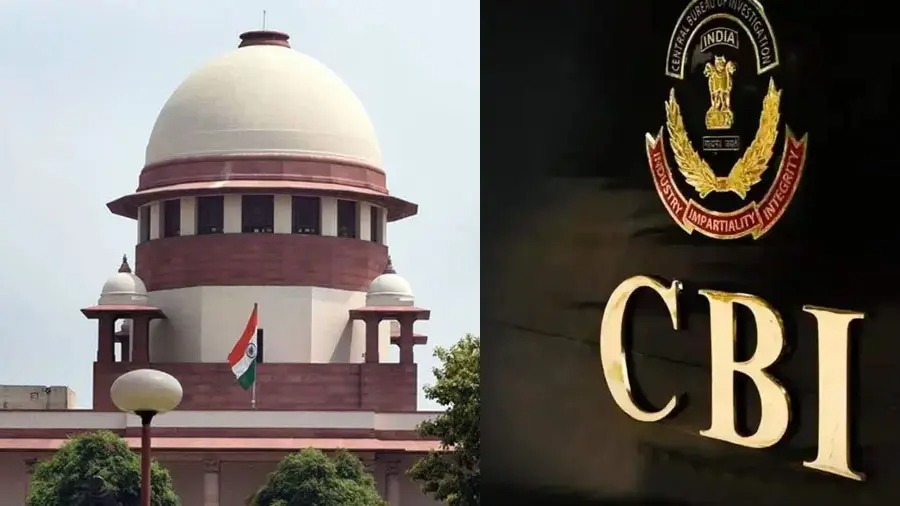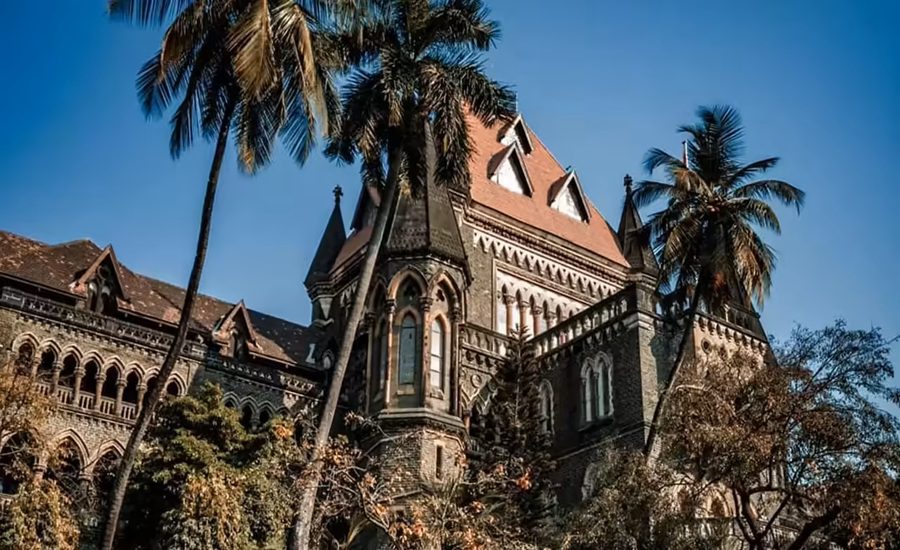S. Palanivelu, J.@mdashIn the claim petition, it is stated that on 24.11.1999 at about 9.30 a.m., while the deceased was travelling as a pillion rider on a motor cycle with registration No. TN 20-A 2056 along T.H. Road, Chennai-21, the respondent No. 1''s van with registration No. TN 04-X 1251 was driven by its driver in a rash and negligent manner dashed against the motor cycle and the deceased sustained grievous injuries. Later, he died in the hospital on 30.11.1999. The driver of the van was responsible for the accident. Hence, a sum of Rs. 7,00,000 is prayed for as compensation.
2. In the counter filed by the respondent No. 2, it is stated that the insurance of the van, age, occupation, employment and monthly income of the deceased are not admitted. The dependency and the status of the legal heirs of the deceased have to be proved by them. The amount claimed is excessive. Hence, the petition has to be dismissed.
3. After considering the oral and documentary piece of evidence on record, the learned Tribunal Judge has concluded that the driver was negligent and he has caused the accident.
4. Learned counsel for the appellants-claimants would assail the award by stating that the quantum of compensation as fixed by the Tribunal is on the lower side. She argued that without any special reason, the multiplier has been reduced from 5 to 3 and that the claim for Rs. 30,000 towards surgery, as evident from Exh. P3, has not been considered and that under both the heads, the compensation has to be enhanced.
5. It is stated that deceased P. Udaychand Bafna was a financier and was earning above Rs. 1,00,000 per annum, for which the details of income prepared by Chartered Accountant, Exh. P6, has been produced, which shows that his annual income is Rs. 1,05,610. The Tribunal has considered average income Rs. 1,00,000 per annum, deducted 1/3rd and Rs. 66,666 is taken as his contribution to the family and since the deceased was aged 67 years, there was likelihood for his continuing to live for another three years alone. In view of the life expectancy up to 70 years, the Tribunal has also followed the principle in
6. Except the reason of age of the deceased as 67 years, there is no reason for reducing the multiplier. In view of this court, there is no valid ground to reduce the multiplicand. As per Second Schedule to the Motor Vehicles Act, for the death of persons aged between 65 and 70, a multiplier of 5 has to be adopted. This court deems fit to adopt multiplier 5 in this case.
7. There is no reason to take average annual income. Rs. 1,05,610 as mentioned in Exh. P6 can be taken as annual income, in which after deducting 1/3rd, the end product will be Rs. 70,407. If it is multiplied by 5, the dependency could be assessed at Rs. 3,52,035.
8. The reason recorded by the Tribunal that non-examination of the doctor to prove Exh. P3 would disentitle the claimants to claim Rs. 30,000 towards the surgery fees cannot be accepted for the reason that the post-mortem certificate would show that metal plating on fracture have been made during the surgery performed on the deceased, when he was injured. There are sufficient materials to show that surgery was undertaken on the injured. Hence, there is nothing wrong in allowing the claim of Rs. 30,000 towards surgery fees, as furnished in Exh. P3. The following are the compensation awarded by the Tribunal under various heads:
|
Loss of income |
Rs. 2,00,000 |
|
Funeral expenses |
Rs. 3,000 |
|
Loss of love and affection |
Rs. 12,000 |
|
Pain and suffering |
Rs. 25,000 |
|
Mental agony |
Rs. 9,000 |
|
Medical expenses |
Rs. 75,000 |
|
Total |
Rs. 3,24,000 |
9. The learned counsel for respondent Mrs. Revathi Muralidharan would submit that the claimants are sons and daughters of the deceased who have got married and settled in their lives and they are not at all dependent on the deceased, and that merely because they are legal representatives of the deceased, they cannot be deemed to be dependent on the deceased. Repelling this argument, learned counsel for the appellant, Mr. N.M.C. Babu, would submit that even if it is established that the claimants were not dependent on the deceased, still they are legal representatives. As per the settled proposition, they have to be made eligible to get the compensation. In support of his contention, he placed reliance upon a decision of the Supreme Court in Hafizun Begum v. Md. Ikram Heque III (2007) ACC 591, wherein their Lordships have discussed about the scope of section 166 (1) (c) of the Motor Vehicles Act and explained the term ''legal heirs'' by holding that all the legal representatives of the deceased are entitled to claim compensation.
10. Section 2 (11) of CPC defines ''legal representative'' which means, a person who, in law, represents the estate of a deceased person and includes any person who intermeddles with the estate of the deceased and where a party sues or is sued in a representative character, the person on whom the estate devolves on the death of the party so suing or sued.
11. Their Lordships were pleased to observe that even if there were not dependent, there is a loss to the estate and a person who is a legal representative, but not dependent can yet be a beneficiary of the estate.
12. Referring to earlier decisions of the court, the Apex Court held further thus:
(12) As observed by this court in
13. Following the principle laid down in the above decision, it is to be held that the claimants as legal heirs are entitled for compensation.
14. The next limb of contention of the learned counsel for the respondents is that the grant of compensation under the head, ''pain and suffering'' would not arise in fatal cases. The reply is available in the Division Bench decision of this court in Cheran Trans. Corpn. Ltd. v. Santhamani 1997 ACJ 211 (Madras), wherein it is held that the deceased was alive for some time with multiple injuries and naturally, he should have been suffering from pain, then the claimants have to be made entitled to a reasonable amount towards the pain and suffering. The Apex Court in N. Sivammal v. Managing Director, Pandian Roadways Corporation 1985 ACJ 75 (SC), has held that when the deceased remained in hospital for 90 days under shadow of death, he must have suffered pain and suffering and, therefore, Rs. 5,000 is awardable in the head pain and suffering.
15. Following the above said decisions on this point, the findings of the Tribunal in awarding compensation of Rs. 25,000 under the head pain and suffering is held sustainable. After including the compensation under the heads loss of income and medical expenses towards surgery, the following is the compensation awarded by this court under various heads:
|
Loss of income |
Rs. 3,52,035 |
|
Medical expenses in view of surgery |
Rs. 30,000 |
|
Funeral expenses |
Rs. 3,000 |
|
Loss of love and affection |
Rs. 12,000 |
|
Pain and suffering |
Rs. 25,000 |
|
Mental agony |
Rs. 9,000 |
|
Medical expenses |
Rs. 75,000 |
|
Total |
Rs. 5,06,035 |
16. In fine, the civil miscellaneous appeal is allowed in part enhancing the compensation to Rs. 5,06,035 and the respondent shall deposit the enhanced compensation along with interest at the rate of 7.5 per cent per annum from the date of filing of the petition, within a period of 8 weeks from the date of receipt of a copy of this order. All the claimants are entitled equally in the enhanced compensation. The claimant No. 1, as power agent for claimant Nos. 2 to 6, is permitted to withdraw the enhanced compensation on their behalf.

